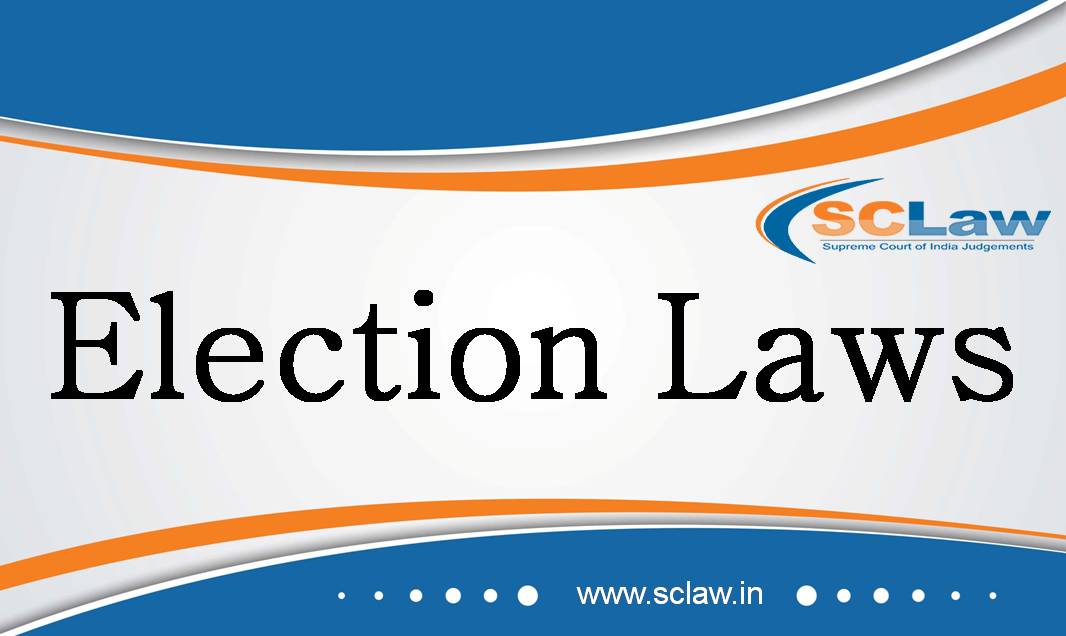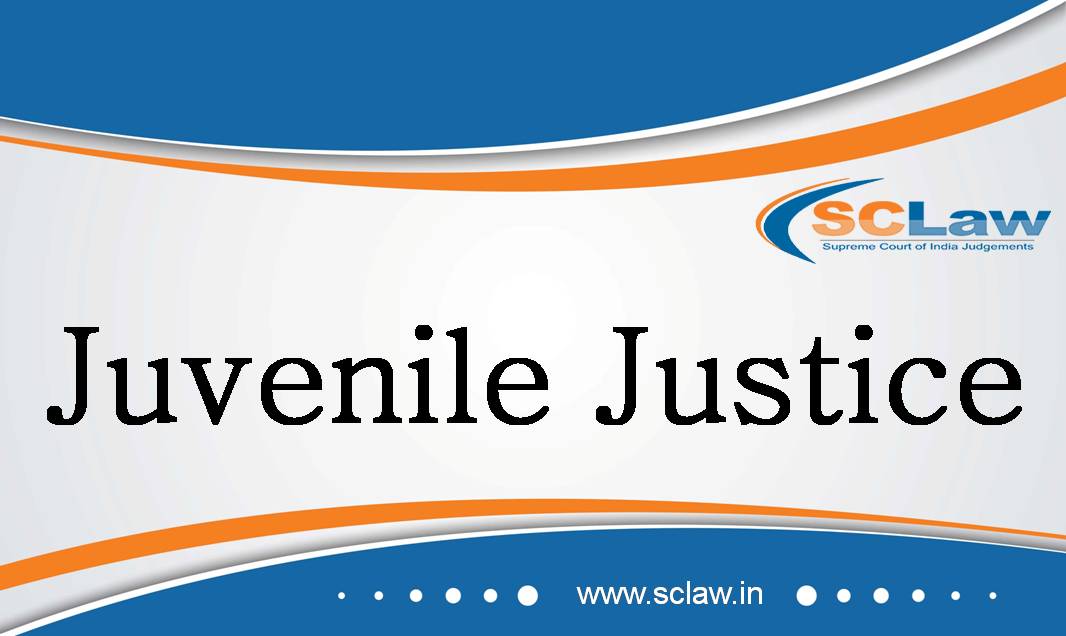Penal Code, 1860 – Sections 114 and 307 – Arms Act, 1959 – Section 25(1)(B)(a) – Bombay Police Act, 1951 – Section 135(1) – Attempt to Murder – Sentence enhanced from Six to Seven Years by High Court – Appeal against – Minor discrepancies in evidence and inability to recall details of the description of houses, roads and streets after several years, do not vitiate the evidence of recovery itself
SUPREME COURT OF INDIA DIVISION BENCH MUSTAK @ KANIO AHMED SHAIKH — Appellant Vs. STATE OF GUJARAT — Respondent ( Before : R. Banumathi and Indira Banerjee, JJ. )…







